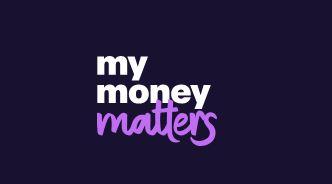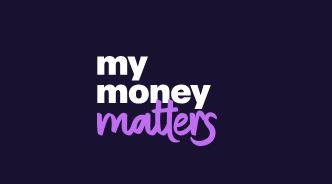Sugar Awareness Week 2024
Each year ‘Action on Sugar’ organise a national Sugar Awareness Week to help raise awareness of the damaging effect of too much sugars in our diet.
Sugars can be an unnecessary and unhealthy source of calories, and health experts are becoming ever more concerned about the issues associated directly with excessive sugar consumption. The incidence of obesity and type 2 diabetes, along with the potentially serious consequences of these diseases, is rapidly increasing.
There are a number of different types of sugar in the diet, from naturally occurring, free sugars, fruit juices and smoothies. Sometimes it’s difficult to gauge how much we are actually consuming.
Various health organisations, including the World Health Organization, recommend the reduction of free sugars intake. It will be no surprise that, in the UK, most children are eating too much ‘free sugars’; sugars added to food or drinks at home, by chefs or manufacturers; honey; syrups; juices and smoothies.
An overconsumption of ‘free sugars’ can contribute a significant amount of nutritionally poor calories to a diet, increasing the risk of overweight and obesity, and various related-diseases such as heart disease, high blood pressure and type 2 diabetes.
Regular consumption of ‘free sugars’ also increases the risk of developing dental caries, particularly if the food eaten is sticky or consumed between mealtimes. Dental caries in childhood progresses over the life course. Dental caries are preventable, with children unnecessarily going through pain, anxiety, and having their school attendance and performance impacted.
Children aged 4 to 6 years are recommended to have no more than 19g of free sugars a day (5 teaspoons), no more than 24g/day (6 teaspoons) for 7 to 11 year olds and 11+ years are recommended to consume no more than 30g (7 teaspoons). It’s recommended under 4 year olds avoid sugar-sweetened drink and food with sugar added to it.
How easy is it for free sugars to add up during the day?
4 to 6 year olds could reach the recommended maximum by consuming a glass of orange juice (15g/250ml) and one Jammie Dodger (5.2g) adding up to 20.2g free sugars.
Or for 7 to 11 years, just one can of fanta orange (15g/330ml) and one cadbury mini roll (11.2g) adds up to 26.2g free sugars.
A single can of coke contains more than the recommended amount for 11+ year olds.
Cakes/buns, biscuits, fruit juices, soft drinks, sweet spreads/sugar/preserves, sugar and chocolate confectionery are the main sources of sugar in children’s diets.
Children and parents are bombarded with sugary snacks where ever they go, often with misleading claims, so it is easy to get used to the sweet taste of food from a young age, influencing future health.
Learn about sugar and how to reduce it in the diet.
What's On
- less
- …







